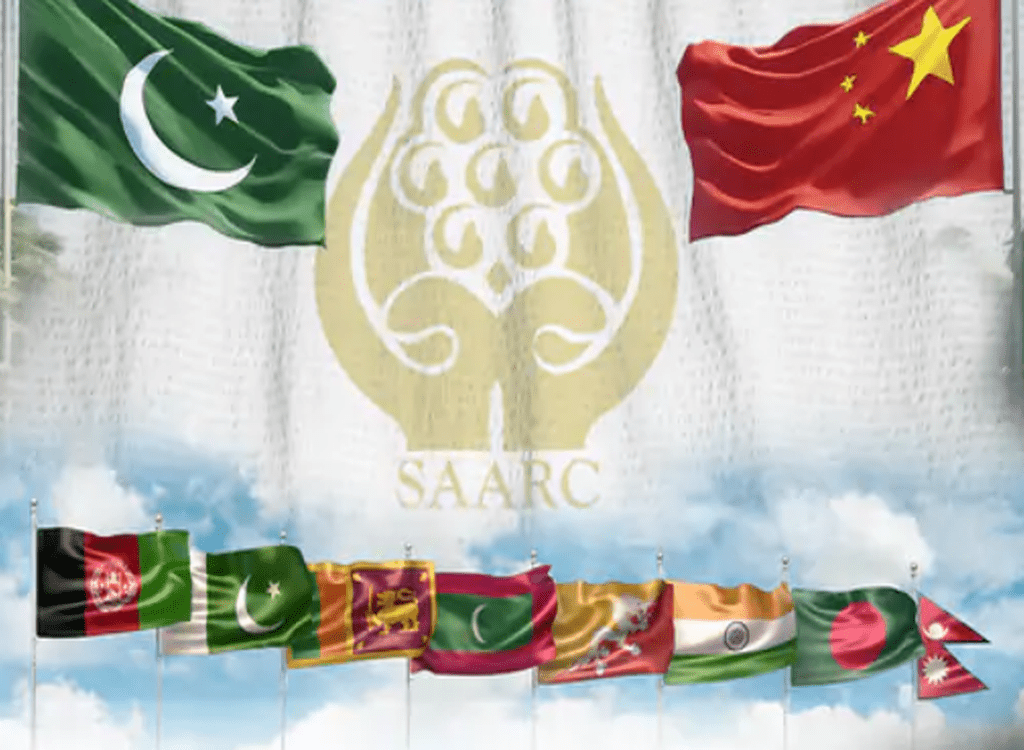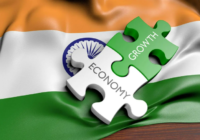China, Pakistan and Bangladesh are in advanced discussions to form a new regional cooperation bloc, potentially replacing the long-stalled South Asian Association for Regional Cooperation (SAARC), according to a report in Pakistan’s Express Tribune.
The talks, described as being at an “advanced level,” come amid growing frustration over SAARC’s dormancy. The organization has remained largely inactive since 2016, when its 19th summit, scheduled to be held in Islamabad, was canceled after India, Afghanistan, Bangladesh, and Bhutan pulled out in protest over regional security concerns.
The Express Tribune reported that a high-level meeting was held on June 19 in Kunming, China, with representatives from China, Pakistan, and Bangladesh present. The goal of the meeting, according to the report, was to lay the groundwork for a new regional framework that could attract other South Asian nations, many of which were founding or current members of SAARC.
SAARC was established in December 1985 in Dhaka, Bangladesh, with seven founding members: India, Pakistan, Bangladesh, Sri Lanka, Nepal, Bhutan, and the Maldives. Afghanistan joined in 2007. While the organization was initially intended to promote regional economic and political cooperation, it has been paralyzed for years by political tensions — especially between India and Pakistan.
Diplomatic sources cited in the Express Tribune said that other SAARC members, including Sri Lanka, the Maldives, and Afghanistan, are expected to be invited to join the new bloc. India, they noted, would also receive an invitation, although its participation is considered unlikely due to strategic divergences.
Both China and Pakistan reportedly see the proposed grouping as essential for regional integration, connectivity, and economic cooperation, particularly as SAARC’s institutional relevance continues to wane.
India, which has historically promoted SAARC as a platform for regional connectivity, suspended the SAARC Visa Exemption Scheme in April after a terror attack in Pahalgam. The move was seen as a further sign of the organization’s decline.
The proposed alternative bloc could reshape the dynamics of South Asian diplomacy, shifting the regional balance of power and opening new avenues for China’s growing influence in South Asia.











Leave a comment